Why Proper Drainage Is Crucial for Your Georgia Property — And How Fischer Landscape Can Help
Protect Your Georgia Property with Expert Drainage Solutions from Fischer Landscape
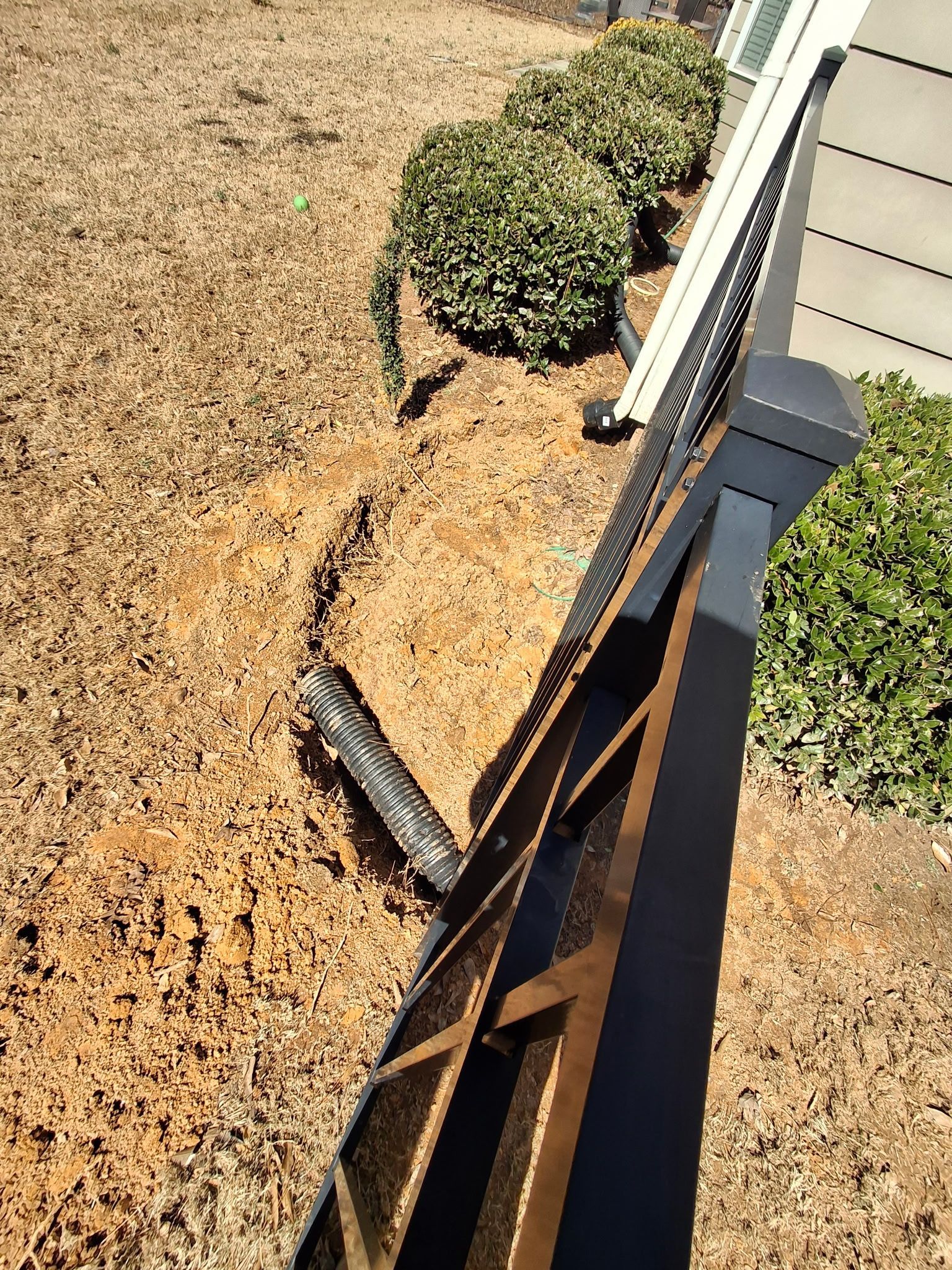
Georgia’s lush landscapes and unpredictable weather patterns make it a beautiful place to live—but also a prime target for drainage issues. From sudden downpours to persistent humidity, water can quickly become your property’s worst enemy if not properly managed. Whether you're in Atlanta, Savannah, or nestled in the North Georgia mountains, ensuring your property has a reliable drainage system is essential for protecting your home, yard, and peace of mind.
That’s where Fischer Landscape comes in. With years of experience handling drainage challenges across Georgia, they specialize in designing and installing custom solutions that keep water where it belongs—away from your foundation, lawn, and walkways.
Why Drainage Matters for your Property in Georgia
Georgia’s red clay soil is notorious for poor drainage. Combine that with frequent rainstorms and sloped terrain, and you’ve got a recipe for:
- Foundation damage
- Mold and mildew growth
- Erosion and landscape destruction
- Flooded basements and crawl spaces
- Mosquito breeding grounds
Proper drainage isn’t just about convenience—it’s about protecting your investment.
Drainage Solutions Options for Properties
There are a wide range of drainage systems tailored to your property’s unique needs. Here’s a breakdown of the most effective options:
Surface Drains
Catch Basins:
- Mini-reservoirs that collect surface water and direct it into underground pipes. Ideal for areas with pooling water or heavy foot traffic.
Trench Drains:
- Long, narrow drains covered with grates—perfect for patios, driveways, and walkways.
Channel Drains:
- Similar to trench drains but more versatile in shape and size, great for custom landscape designs.
Subsurface Drains
French Drains:
- Trenches filled with gravel and perforated pipes that redirect groundwater away from problem areas. A go-to solution for soggy yards.
Dry Wells:
- Underground pits filled with stone that allow water to slowly seep into the surrounding soil—ideal for managing excess runoff.
Other Drainage Solutions
Downspout Drainage:
- Connects your roof’s downspouts to underground pipes that carry water safely away from your foundation.
Yard Drains:
- General term for any drain installed in your yard, often using catch basins or surface drains.
Corrugated Pipes:
- Flexible, perforated pipes used underground to redirect water—especially useful in large yards or rural properties.
Pop-up Emitters:
- These clever devices release water away from your home when water pressure builds up, then close when not in use.
Frequently Asked Questions
How do I know if I have a drainage problem?
Signs include standing water after rain, soggy patches in your yard, water stains on your foundation, or musty smells in your basement. If you notice any of these, it’s time to call Fischer Landscape.
Can poor drainage really damage my home?
Absolutely. Water pooling around your foundation can lead to cracks, mold, and even structural instability over time.
What’s the difference between a French drain and a dry well?
A French drain redirects water through a gravel-filled trench with a pipe, while a dry well collects water underground and lets it slowly absorb into the soil.
How long does it take to install a drainage system?
A: It depends on the size and complexity of the project. Fischer Landscape typically completes most residential installations in a few days.
Is drainage only important during heavy rain?
No—Georgia’s humidity and groundwater levels mean that even light, consistent moisture can cause long-term damage if not properly managed.
Ready to Protect Your Property?
Whether you're dealing with a flooded yard or just want to prevent future issues, Fischer Landscape has the tools and expertise to keep your property dry and beautiful.Don’t wait for the next storm to reveal your drainage problems. Contact Fischer Landscape today and take the first step toward a safer, healthier yard.
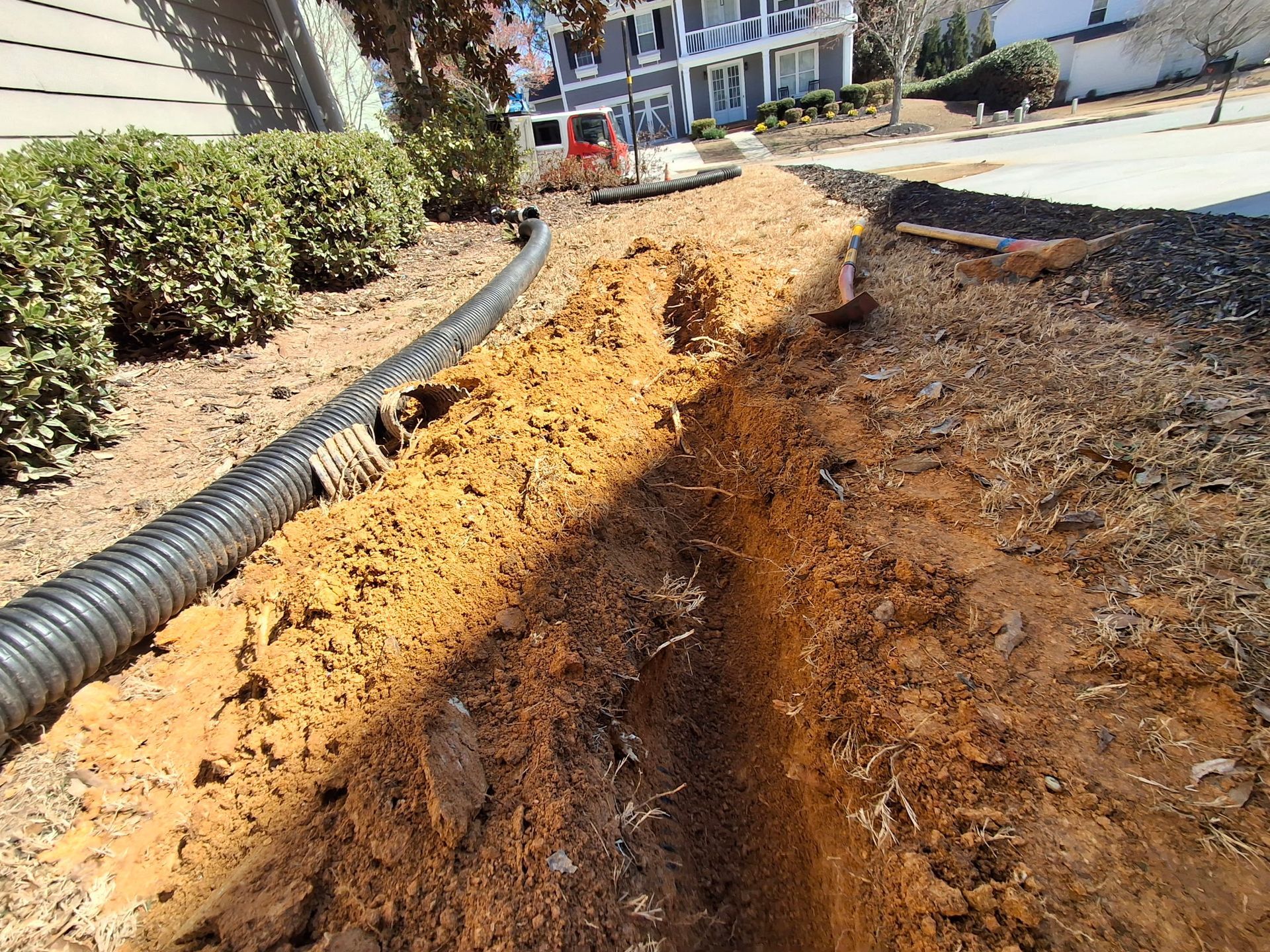

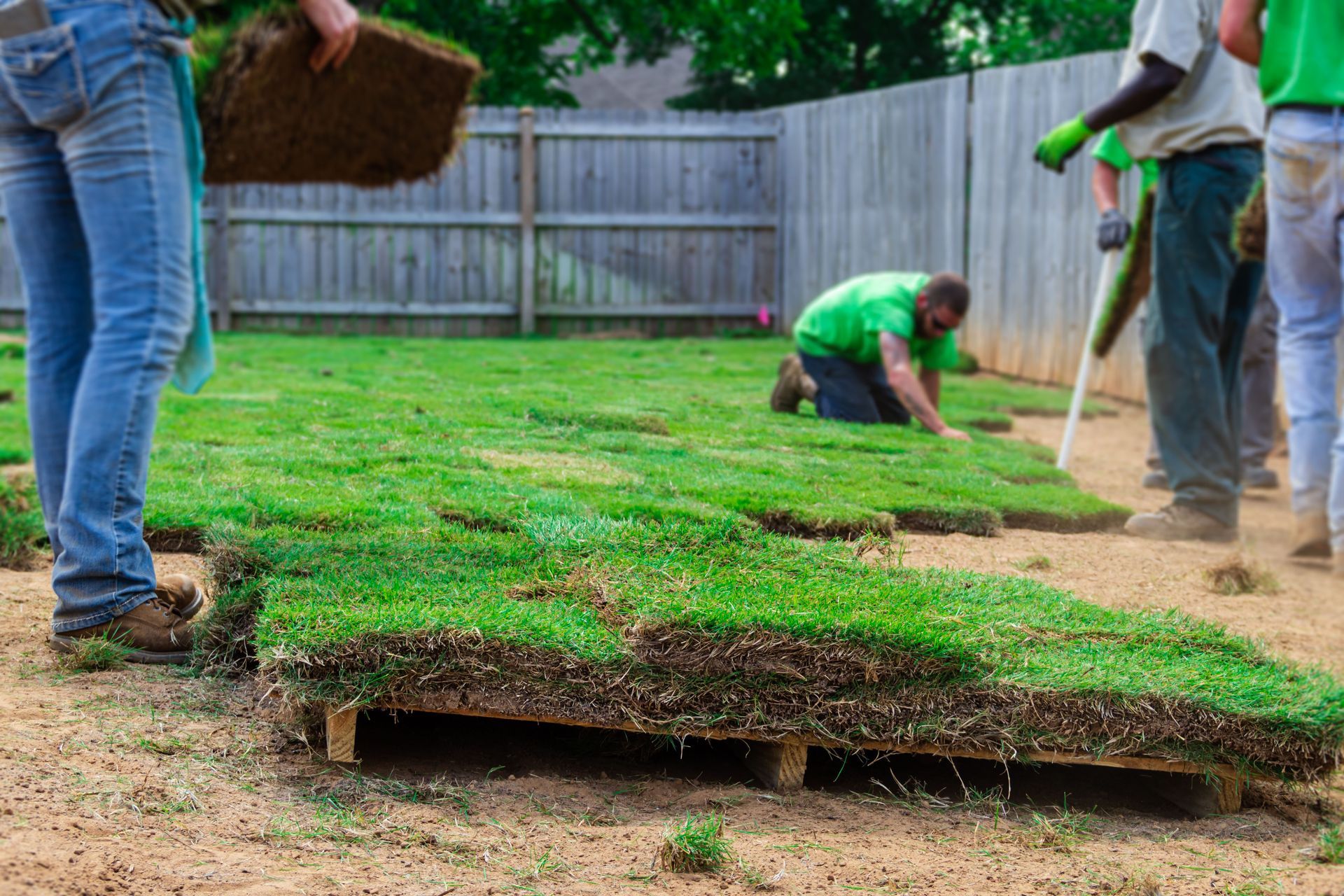
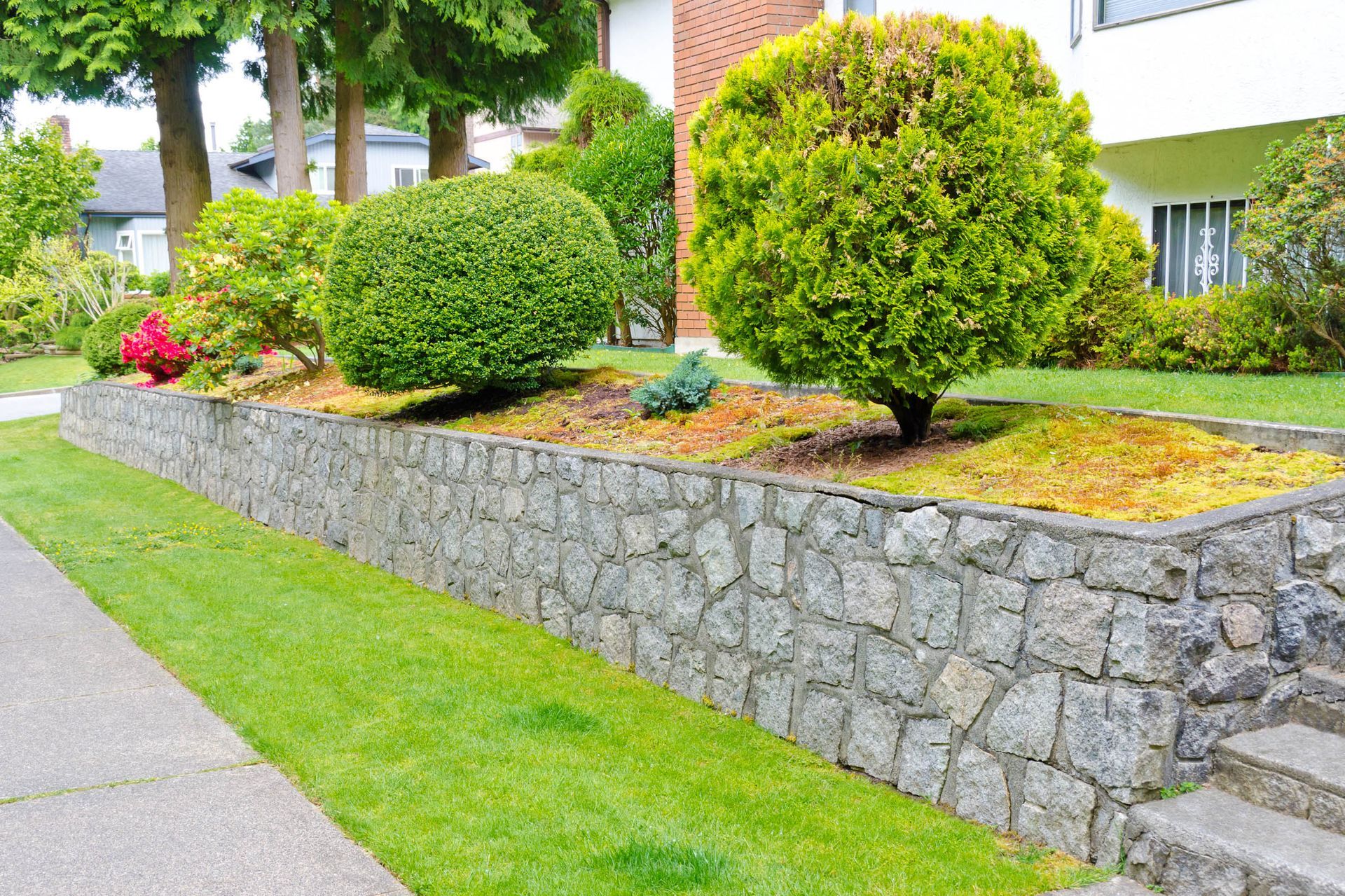
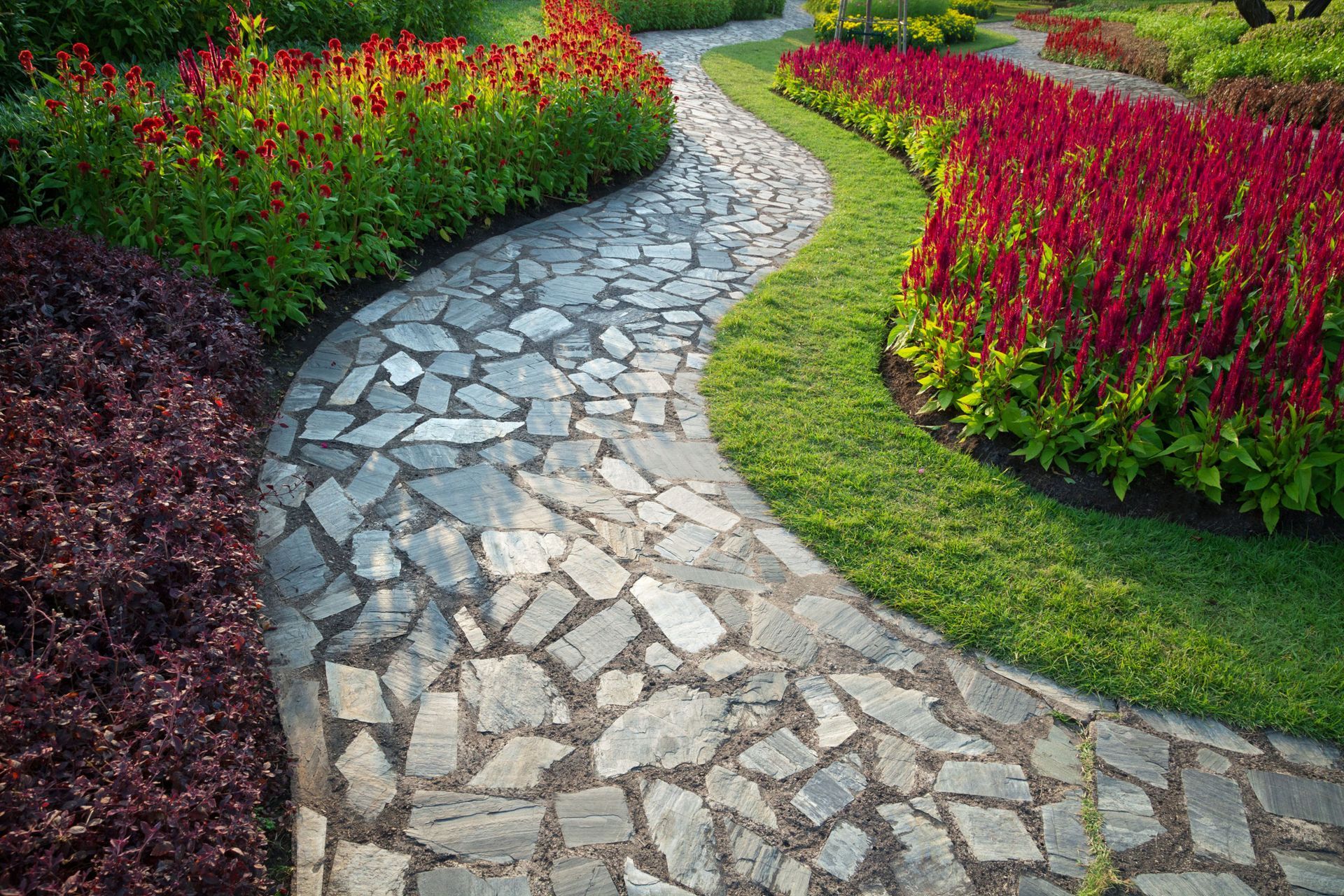
Share On: